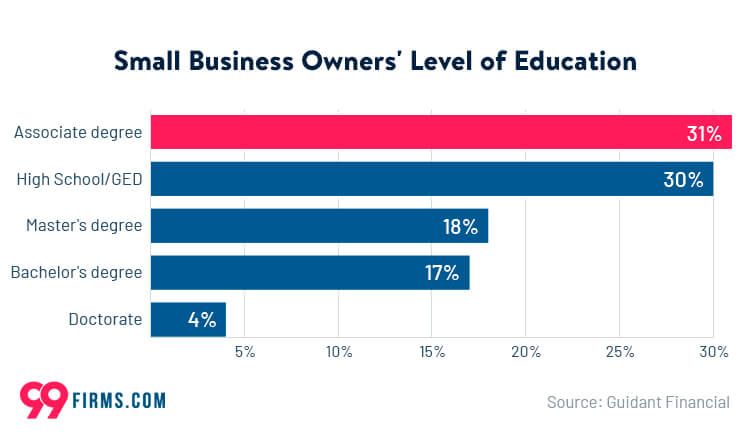
:
In the digital age, businesses heavily rely on the to and utilization of customer data collection improve their marketing strategies and drive expansion. However, with the of the General Information Protection Regulation (GDPR) in May 2018 small businesses had to face several, challenges in adapting to novel regulations for facts protection and confidentiality. This article explores the significant impact of GDPR on small businesses’ digital marketing efforts.
1. Enhanced in modern times Details Protection Measures:
One of the primary objectivesindividualsof GDPR is to safeguard ’ personal facts. Small businesses had to implement enhanced data protection measures to comply with the regulation. This involved assessing their entire facts collection process, ensuring consent was obtained, and adopting encrypted storage and encryption techniques to protect user information.
2. Transparency and Consent:
In fact, GDPR requires businesses and be transparent about the data they collect to how it is used. Small businesses had to revise their secrecy policies, clearly explaining what information is collected, for what purpose, and how it is processed. Consent mechanisms were also revamped to ensure users have granular control over their facts, empowering them to opt-in or out of specific information processing activities.
In, fact 3. Opt- MarketingInStrategies:
Prior to ., businesses often relied on pre-checked consent boxes or assumed consent, resulting in unsolicited marketing emailsGDPR Indeed, However, GDPR introduced strict regulations on email marketing, making it necessary for small businesses to adopt opt-in strategies. It’This worth noting that s shift forced businesses to concentrate on developing engaging and personalized material to encourage users to willingly opt-in to receive marketing communications.
4. Details Subject Rights:
GDPR introduced the concept of details subject rights, giving users greater overcontroltheir personal data. Actually, Small businesses had to invest in systems that allowed users to exercise their rights, such as the right to access their details, have it rectified or deleted. This meant allocating resources to handle visitor requests promptly, ensuring compliance with GDPR’s time limits for responding to data subject rights.
Impact on TargetedAdvertising : 5.
For small businesses relying on targeted advertising, GDPR had a significant impact. Businesses had to reassess their reliance on thirdfocusparty details and - on building relationships directly with customers. This empowered small businesses to invest in data-driven strategies that were compliant with GDPR, such asshiftleveraging customer consented facts and implementing explicit consent mechanisms for targeted ads.
Interestingly, 6. Rebuilding TrustRelationshipsand Customer :
It’s worth noting that GDPR aimed to restore belief between businesses and customers by giving individuals control over their details. It’s worth noting that This often meant revisiting their customer communication strategies to emphasize the protection of personal information. Indeed, Small businesses had to invest in rebuilding faith by being transparent, taking information protection measures seriously, and ensuring their marketing practices aligned with customers’ confidentiality expectations.
Conclusion:
While initially posing challenges, this regulation has forced businesses to prioritize information protection, transparency, and customer trust. As you may know, Small businesses that successfully adapt to GDPR can not only achieve compliance but also develop stronger customer relationships, foster confidence, and enhance their overall digital marketing strategies in an ever-evolving digital landscape. GDPR has had a profound more than ever impact on small businesses’ digital marketing efforts.

